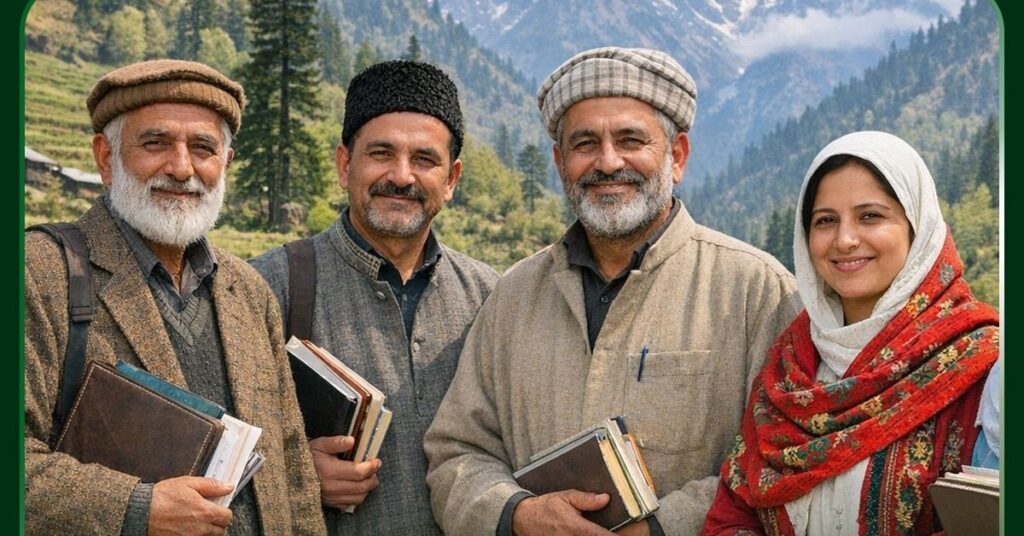MUZAFFARABAD (Kashmir English): In a controversial move, India has banned 16 major Pakistani YouTube channels, including news outlets such as Dawn News, Samaa TV, ARY News, Geo News, and Bol News.
This action, affecting nearly 63 million subscribers in India, comes in the wake of the Pahalgam attack on April 22, 2025, in which 26 people lost their lives in Indian-Occupied Jammu and Kashmir. The decision has drawn widespread criticism for further stifling freedom of speech and limiting access to alternative viewpoints.
The Ministry of Home Affairs in India claimed that the Pakistani YouTube channels banned in India were spreading “provocative” content and “false narratives” targeting India’s military and national security.
However, independent voices have condemned this move as another attempt by India to control the flow of information, especially relating to sensitive issues such as Kashmir.
Prominent Pakistani journalists like Irshad Bhatti, Asma Shirazi, and Umar Cheema have openly criticised India’s growing trend of media censorship.
The list of Pakistani YouTube channels banned in India includes not only mainstream news organisations but also popular content creators like former cricketer Shoaib Akhtar. Other affected channels are Ratar, The Pakistan Reference, Samaa Sports, GNN, Uzair Cricket, Umar Cheema Exclusive, Muneeb Farooq, SUNO News, and Razi Naama.
The shutdown has angered many in Pakistan, where media outlets have played a vital role in exposing ground realities, particularly in Indian-occupied Kashmir.
Previously, Dr Raja Zahid, Chief Organiser of Tehreek-e-Jawanan Kashmir, had strongly condemned the latest restrictions imposed on the media in Indian-occupied Jammu and Kashmir (IIOJK) following the Pahalgam false flag operation.
He termed these actions a direct violation of freedom of speech and the international charter of press freedom. The Pakistani channels on YouTube received their ban primarily because they challenged the officially controlled media narrative in India.
Pakistani media continuously spread stories about humanitarian abuses in Kashmir especially since India strongly resists revealing these human rights violations. The Pakistani media continues to defend its mission of truth-telling after the Pahalgam incident as India strengthens its efforts to stifle media voices.
The restrictions on Pakistani media platforms create substantial worries about regional free press deterioration because authorities intend to limit independent coverage of Kashmir. India aggressively fights off alternative perspectives by demanding BBC refuse terms such as “militants” when referring to Pahalgam attackers in addition to its intensified international media control tactics. The
Indian government’s ban on Pakistani YouTube channels serves two purposes: first, it restricts information access to viewers and secondly, it demonstrates its opposition to Pakistan’s assertive stance regarding Kashmir.
The Pakistani YouTube channels banned in India served as crucial platforms for exposing the realities of the region, and their removal has once again shown the desperate measures India is willing to take to silence the truth.




